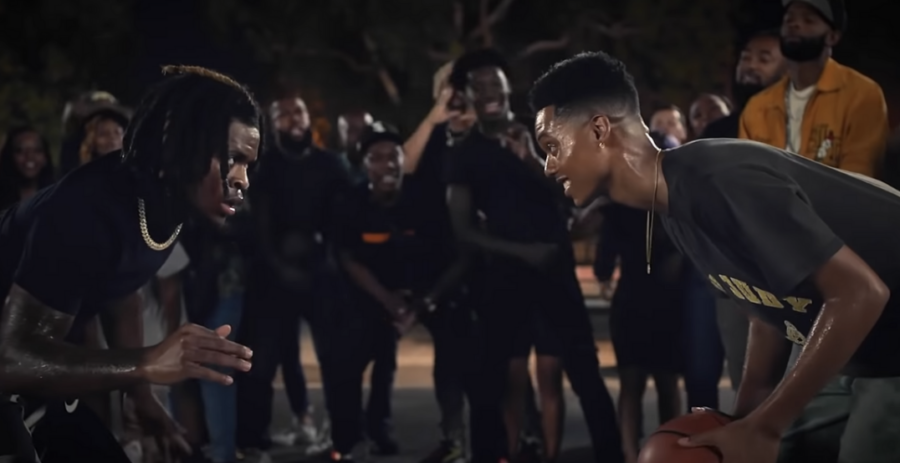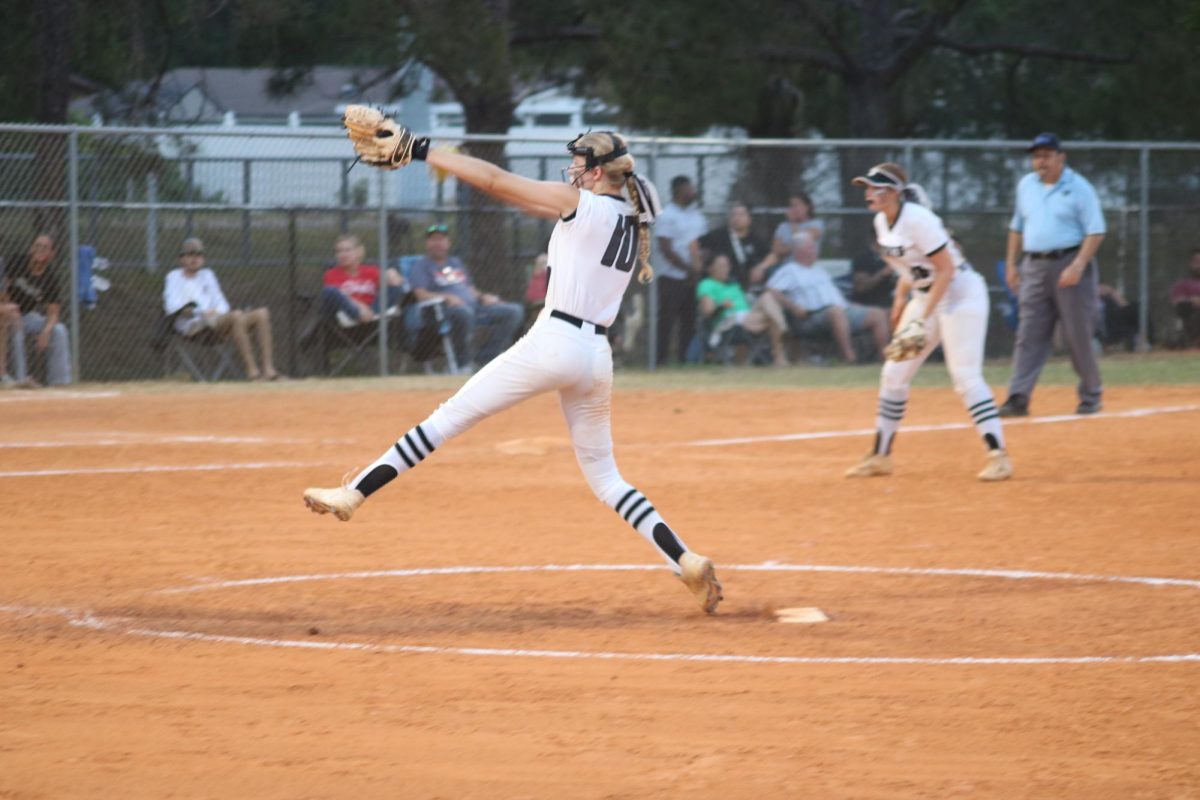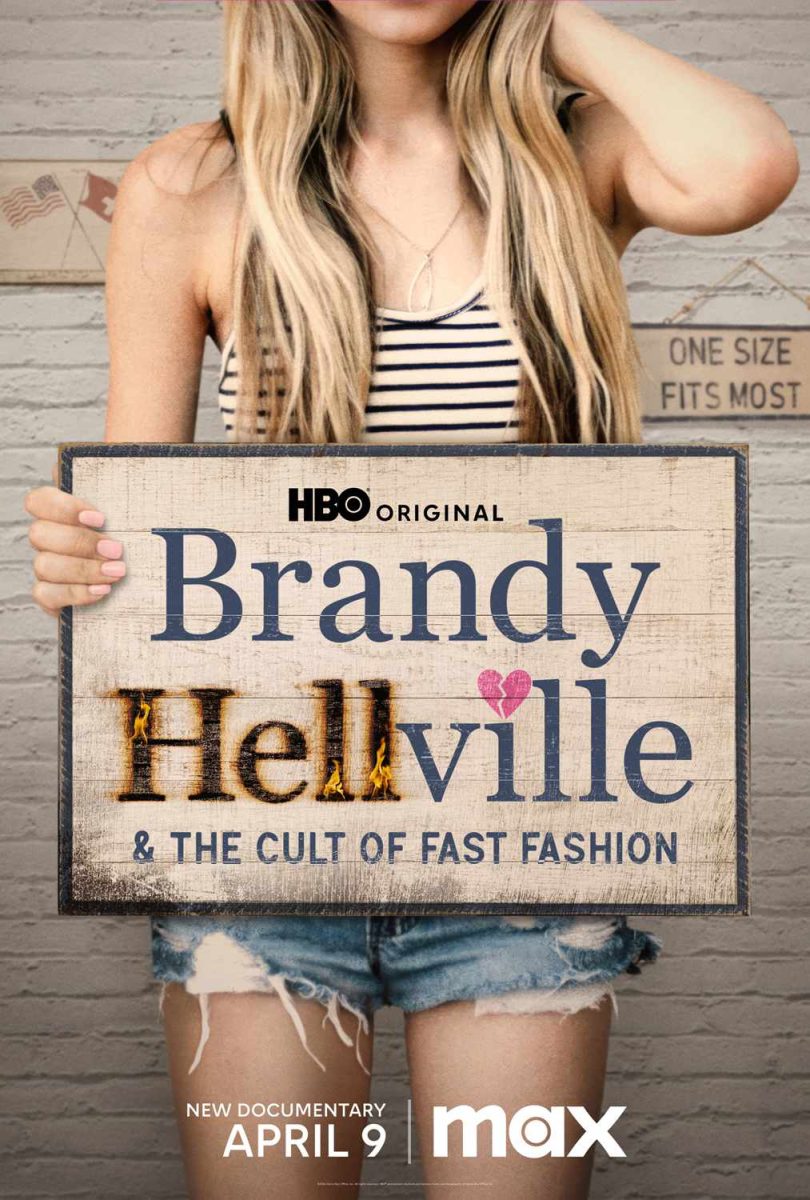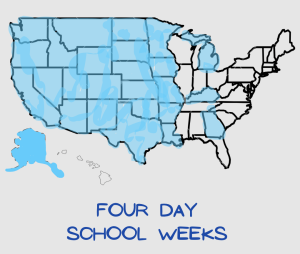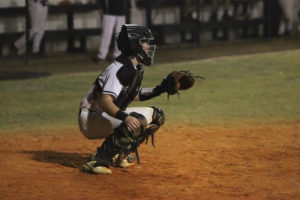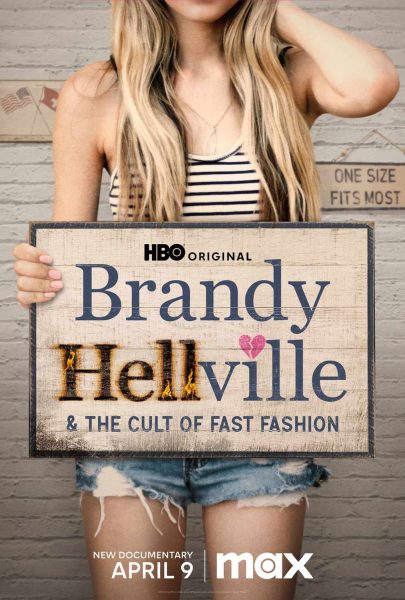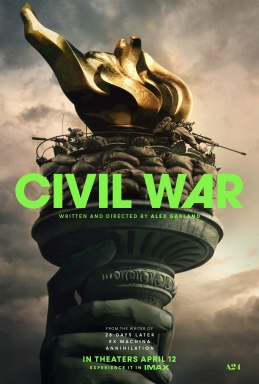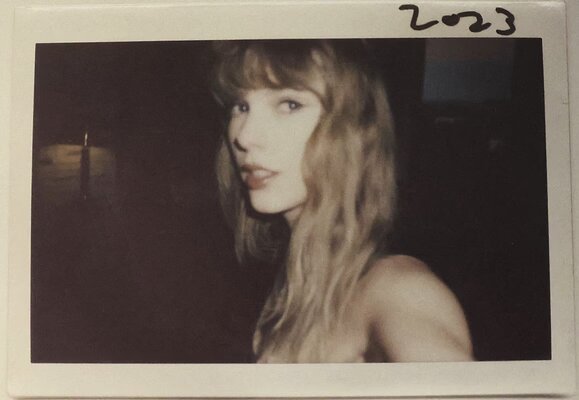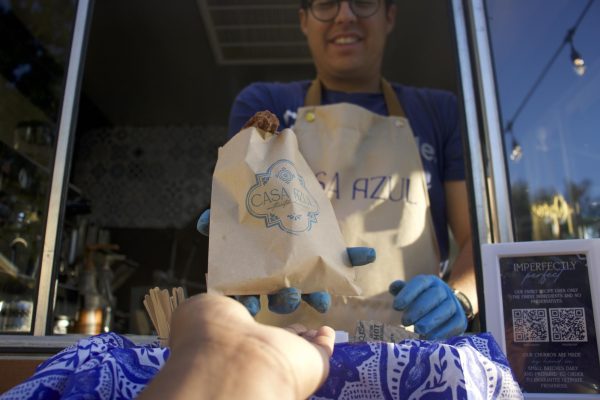This Ain’t Your Mom’s Bel-Air
“Bel-Air” is quite different from its predecessor.
Photo peacocktv
Jabari Banks as Will Smith playing a game of basketball.
March 10, 2022
Starring Adrian Holmes (Philip Banks), Coco Jones (Hillary Banks), Jabari Banks (Will Smith) and more, Bel Air is a show that makes one ask themselves the eternal question, “Why?”.
Throughout history, the human race has always been curious. We have asked the question, “Why?” time and again because of our innate drive to carry on the innovative legacy of our ancestors and contribute to our society. Now we get to ask the question, “Why does this show exist?
Before I dig into “Bel-Air”, let’s take a quick look at the original show: “The Fresh Prince of Bel-Air.” Made in the ’90s, “The Fresh Prince of Bel-Air” was an incredible show. Starring Will Smith as himself, it was lighthearted, wholesome and was there if you needed a good laugh. Its characters went on to become icons and parts of it are well-known outside of the show. People who have never even watched it know what the Carlton dance is. Essentially, it is a classic. And you know what they say about classics? Don’t mess with them.
“Bel-Air” is a darker take on the original show while keeping much of the same plot. It is branded as a new version of the original for a newer generation; meaning that it reflects the dark state of our world today. In the first episode alone, Will is only welcomed by the warmth of his Aunt Vivian and his cousins: Hilary and Ashley and his first interactions with Uncle Phil and Carlton are standoffish and borderline threatening. As the show progresses, Carlton and Will don’t resolve their differences with each other, but rather get at each other’s throats (literally). Trust is broken, people are hurt and danger seems pervasive throughout the theme of the show.
Those who have watched the original program know that Will had to leave Philadelphia because of some trouble with people in his neighborhood. “Bel-Air” expands on that making it about gang violence and talks about how his friends from Philidelphia are now in the way of fatal danger because of what Will did.
Now, these elements could make for an interesting show (that is yet to be seen), but I cannot just judge “Bel-Air” off of its own merits. It is based on a show that was a major cultural landmark in the ’90s and lasts today. In judging “Bel-Air”, I must also judge how it does justice to its parent show, “The Fresh Prince of Bel-Air.”
While “Bel-Air” itself may be a mediocre show, not too bad but not great, it will forever live in the shadow of its predecessor. It isn’t a show that will stand through time, but one that will be forgotten as soon as a new, semi-interesting drama to watch while you do your homework or wash the dishes is released. When we look back on the best shows of our time, “The Fresh Prince of Bel-Air” will be remembered, but “Bel-Air” will only be known as a disparagement of a classic.

